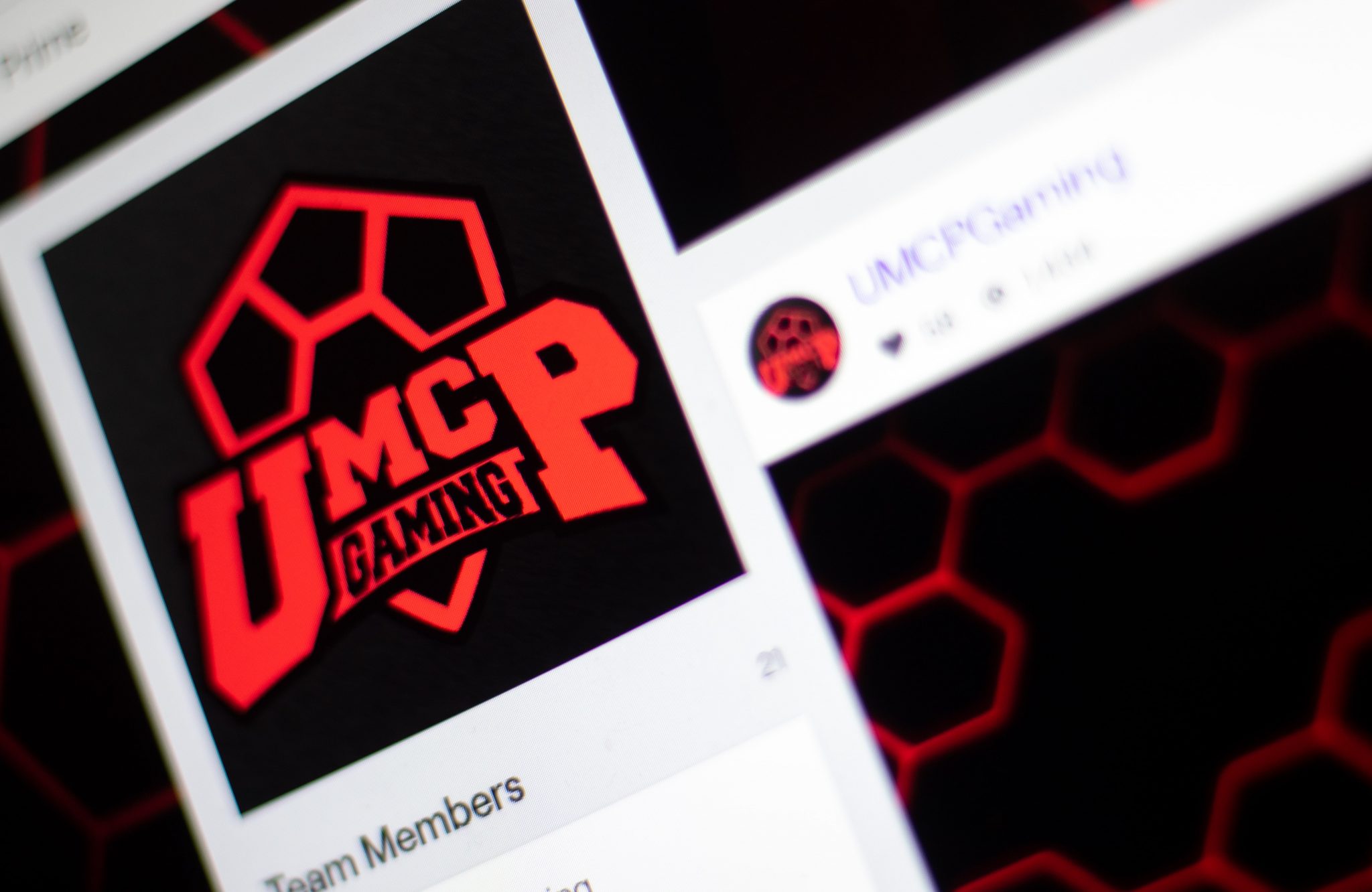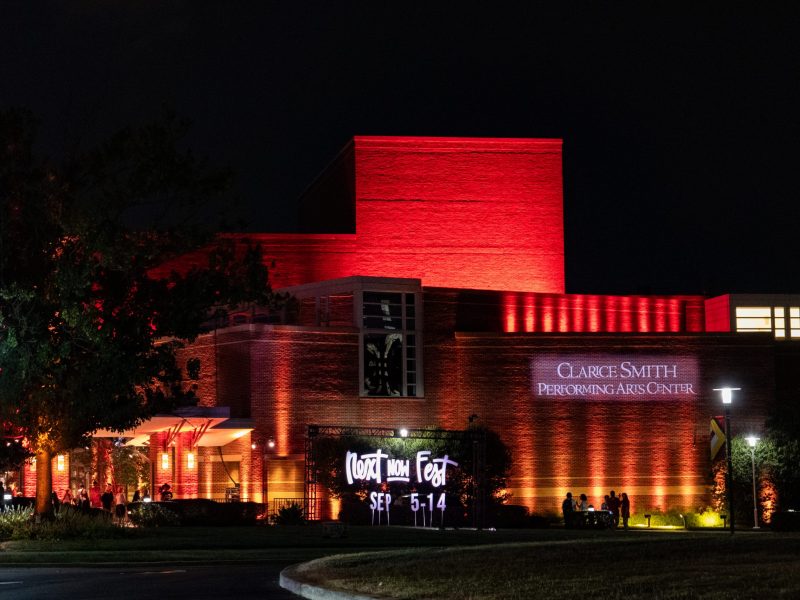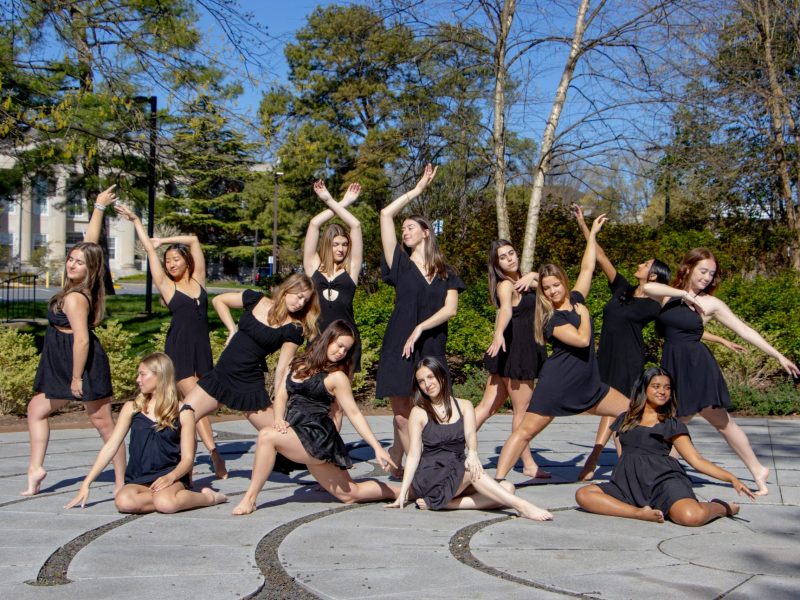The Maryland League of Legends team competed in the Grand Finals of the Collegiate StarLeague esports league last weekend, fighting to earn the coveted grand prize of almost $60,000 in scholarships.
After a tight match, the University of Maryland fell 1-2 to the University of Waterloo in a best of three series. Maryland had previously been 10-0 in league play and had beaten Waterloo to advance to the finals. However, Waterloo won the losers bracket to advance to the Grand Finals, where they just barely edged the Terps to take the championship.
Maryland’s 13 teams compete in a number of tournaments and games, primarily Valorant and Counter-Strike: Global Offensive, but the most prominent team is Maryland’s League of Legends team, which is ranked No. 1 in the Southeast 1 conference with an undefeated record of 10-0 in the Star League — CSL’s highest rank. As a school, Maryland is ranked fourth nationally, just under the University of Ottawa, University of California, Berkeley, and Northeastern University.
This year’s Grand Finals were virtually hosted by Louisiana State University over Twitch and featured a variety of sports, such as Street Fighter V, Valorant and CS:GO. Usually the event is hosted over a Local Area Network and features live audiences, but because of COVID-19 restrictions this year’s event was fully online.
[The Josh Fight is the latest example of meme turned reality]
CSL is one of the most prominent esports leagues in collegiate esports. Over 440 universities participate in their free-to-play tournaments every year in games such as League of Legends, DOTA 2, Rocket League and Valorant. Since its creation in 2009, the platform has grown each year and become a more prominent attraction at universities.
“Particularly in the past 36 months, more and more colleges are seeing the benefits of real student-athletes, relationships and benefits in esports,” said Rob Johnson, the CEO of CSL.
Although esports has long faced a stigma as not being a real career option or a professional choice, the stigma has worn down in recent years, pushing esports into the mainstream. Both universities and high schools have had an increase in esports teams and players as equipment becomes more accessible and more esports careers are established at the professional level.
Part of CSL’s movement to push college esports to the mainstream is to emphasize its educational side and the benefit to an athlete’s career.
“There needs to be an education element here, we’re talking about student-athletes,” Johnson said. “For CSL Esports why we’re different than a traditional league is you have to keep your grades up and you have to balance what you’re doing as far as with your studies to participate.”
[The European Super League tried to put fans last and no one bought it]
Johnson also noted that esports athletes can carry their talents into other professions.
While some may pursue a career as a professional athlete or a content creator, others can use their skills in fields such as hospitality, networking, IT or broadcast production. CSL’s involvement with affiliated schools can help athletes achieve these goals as well as a productive collegiate career in esports.
“We use education and help the schools to… be able to know how to make sure they are providing safe and healthy gaming habits for the students themselves to play,” Johnson said.
In the future, CSL wants to expand its student base and make esports even more accessible for students across the country. Just recently, CSL announced its expansion into high schools, while also working on better pathways for esports players from high school to college. This fall, CSL will also start a free-to-play league in association with Oregon and Nevada.
“Our goal is to get as many students to participate as possible, and we’ll continue expanding and growing in that capacity,” Johnson said.



